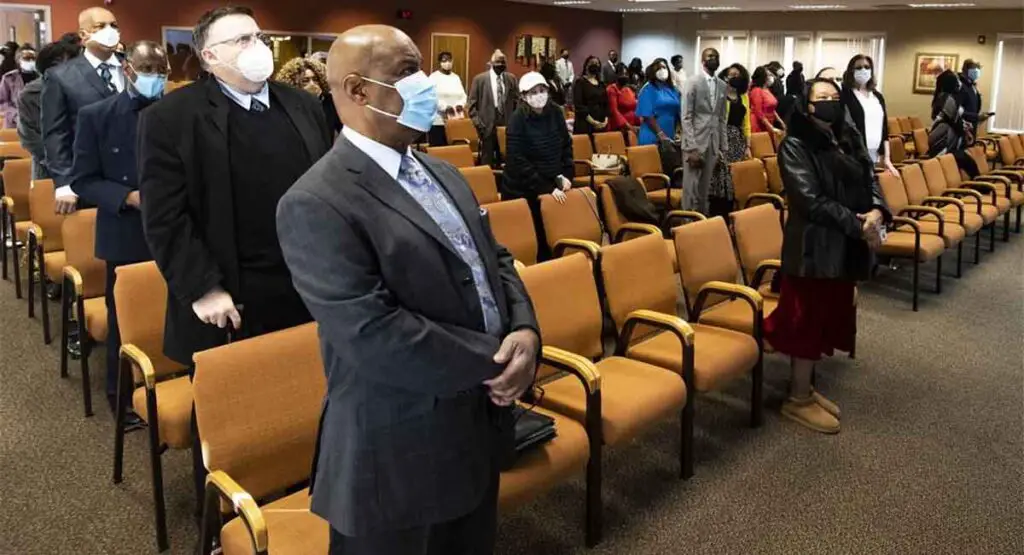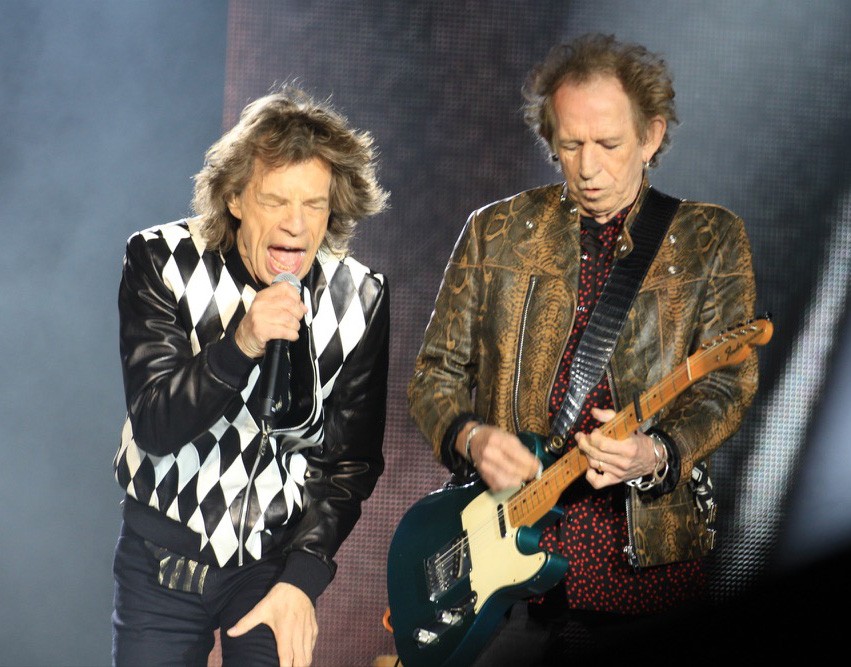Michael Jackson was the King of Pop, but there was more to him than legendary dance moves. He grew up as a devout Jehovah’s Witness, following in his mother Katherine’s footsteps and going door-to-door in disguise to share his faith.
Katherine wrote in her autobiography, “I learned more about God in that one lesson than I had in all my Bible studies to that point.” She recalled how she felt “especially interested in what the teacher had to say about death,” which led her to become baptized in 1963.
Michael’s sister LaToya confirmed her brother took his preaching seriously, often suiting up in costumes to avoid detection. She remembered, “Adults were easily fooled by Michael incognito, but it was a rare child who didn’t see through his costume in seconds.”
His faith shaped his early life and even influenced his music videos, but sometimes it caused conflict. Michael once said the church considered moves like his Moonwalk “dirty” and told him, “You can never dance like that again.”

“When I made ‘Thriller’ with all the ghouls and ghosts, they said that it was demonic,” he confessed. He was so upset he told his lawyer to “Destroy the video, have it destroyed,” but luckily his team didn’t follow through.
By the late 1980s, Michael’s creative choices, like the gangster-themed “Smooth Criminal” or the steamy “Dirty Diana,” seemed too controversial for the Witnesses’ strict rules. He eventually “disassociated” himself in 1987, an official term meaning members are no longer recognized as part of the congregation.
Leaving was a big deal, because ex-Witnesses are often shunned by family and friends still in the faith. Still, Michael continued searching for spiritual meaning, exploring other religions such as Catholicism, reading the Torah, and studying the Quran.
Director Liana Marabini’s film “A Gift from God” delves into this lesser-known aspect of Michael’s life, including his plan to raise funds for a children’s hospital in Albania with a concert in the Vatican. She says Michael “led a lot of charity work,” giving more than half a billion dollars in donations over his lifetime.
Some wonder if Michael’s life might have turned out differently had he received ongoing support from the church he once loved. But others see his departure as the only way he could keep evolving as an artist whose visions didn’t always align with Jehovah’s Witness guidelines.

Regardless of where his spiritual path led, Michael Jackson remained a person of deep faith and compassion. From door-to-door evangelism to moonwalking on stage, his journey reflects a quest for belonging, creativity, and understanding—a mix that made him the King of Pop both on and off the stage.
Even after leaving the Witnesses, Michael’s ties to his mother’s faith remained. In many interviews, he praised Katherine’s dedication to family, religion, and love, which he believed shaped his personal morals and charitable spirit.
In the end, Michael Jackson’s Jehovah’s Witness background shows the complicated balance that can exist between artistry and devotion. It’s a reminder that even global icons can struggle to reconcile personal beliefs with the demands of worldwide fame.




